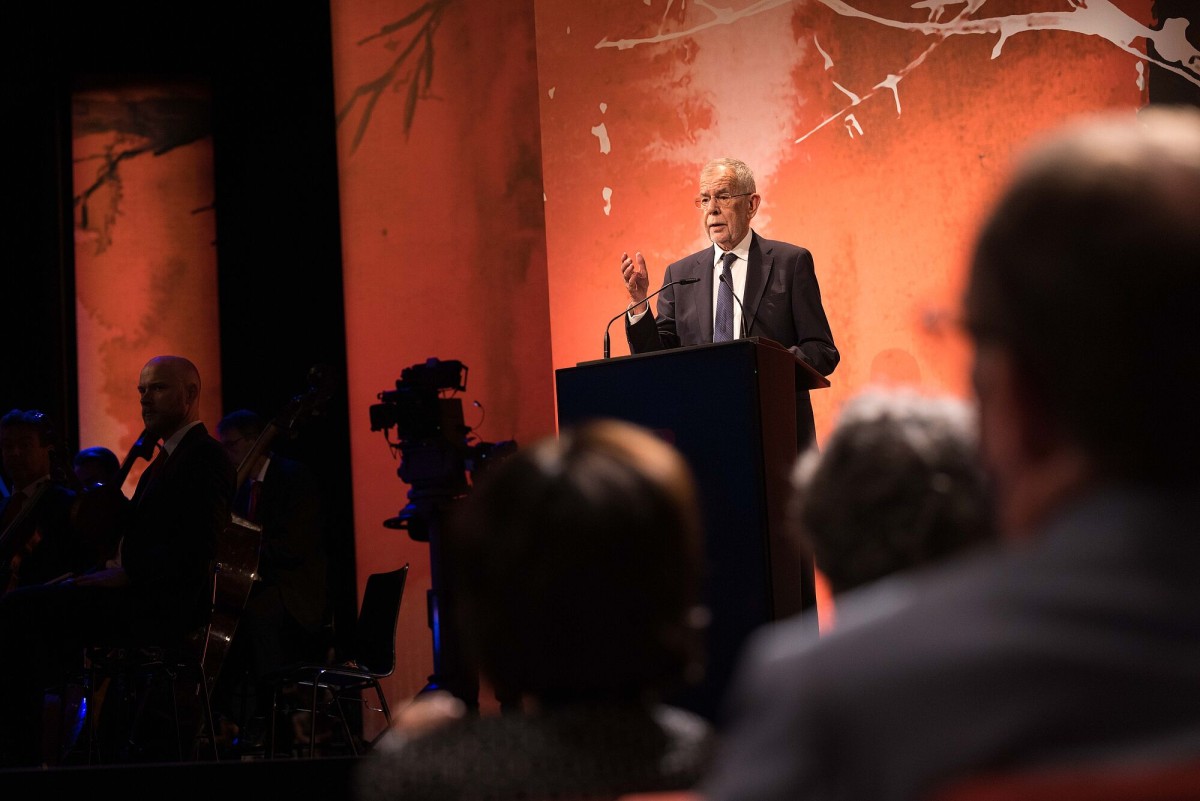Sponsored Content
What is the Role of the Office of the Federal President in the Austrian Political System?
More+ ♦
Published: October 6, 2022; 21:55 ♦ (Vindobona)

This Sunday, eligible voters in Austria will elect the head of state of their country, the Federal President. But how exactly is the political role of the Federal President expressed in the Austrian political system? What is the story behind the office? Where exactly can the Republic of Austria be placed on the axis between Parliamentarism and Presidentialism? Read on to find out the answers!
 Many things changed in the classic ways in the office of the President during President Alexander Van der Bellen's term of office. / Picture: © Österreichische Präsidentschaftskanzlei / Peter Lechner/HBF
Many things changed in the classic ways in the office of the President during President Alexander Van der Bellen's term of office. / Picture: © Österreichische Präsidentschaftskanzlei / Peter Lechner/HBF
Austria is a federal state in which the Federal President is elected directly by the people. Discussions flare up again and again in public debates about the political role of the Federal President in the Austrian political system, the length of the term of office, certain political remnants from the time of the monarchy, or the period between World War I and World War…
or Log In
Fast News Search





